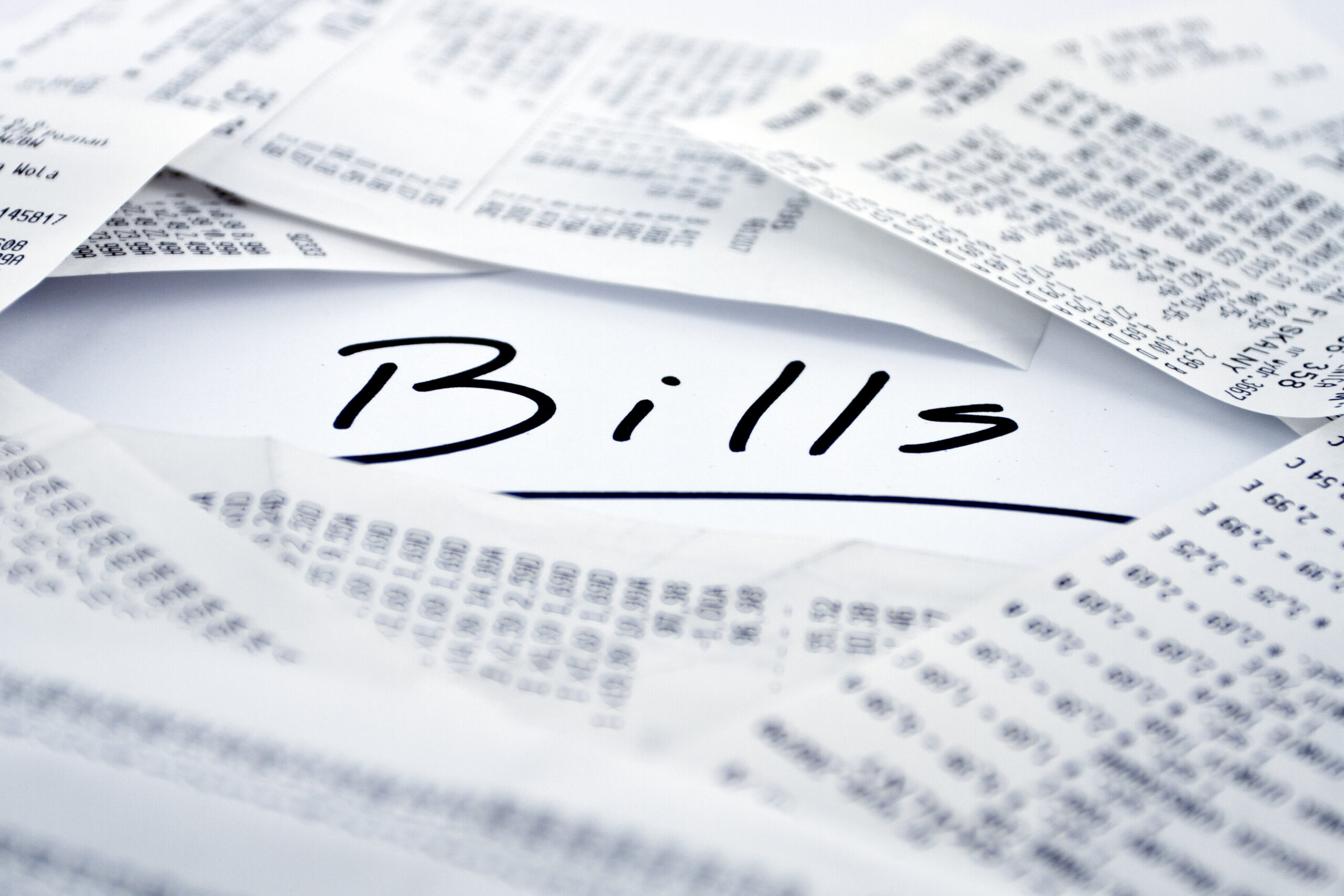Do I Qualify For Unemployment If I’ve Been Furloughed Because of the Coronavirus?

Apr 03 | 2020

A record number of Americans have applied for unemployment benefits in the wake of the coronavirus pandemic. So many, in fact, that there has been a 3000% jump in jobless claims since early March. Unfortunately, the situation is likely to only get worse. According to Citi economist Andrew Hollenhorst, “Further job loss expected in coming

